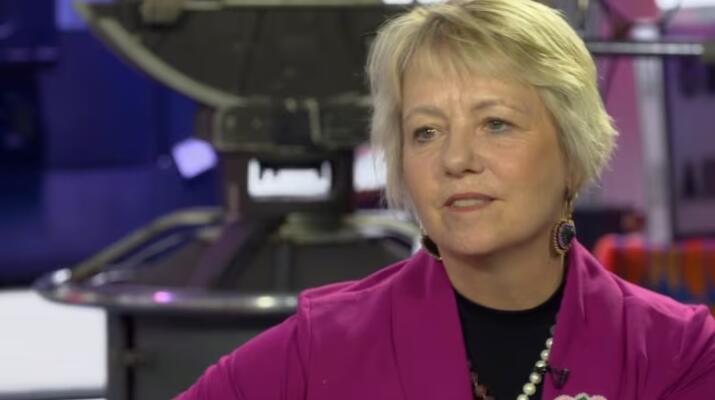3 years in, Bonnie Henry says B.C. isn’t in a better place today to deal with a new pandemic

‘We are stretched and exhausted and tired, and our system is stretched and exhausted and tired’
How were you talking about COVID-19the day it was declared a global pandemic?
If you were Dr. Bonnie Henry, British Columbia’s provincial health officer, it was similar to plenty of others: a mix of worry and caution, but in retrospect, a wildly optimistic mindset at what the future would hold.
“We must all step up our social distancing. This is not forever. This is for the coming weeks,” said Henry at a March 11, 2020, news conference, where another seven cases of the “novel coronavirus,” as it was then called, were confirmed in B.C.
Two additional cases had been confirmed at the Lynn Valley Care Centre, where a resident had died a couple of days earlier, but “other than that, things have settled,” she said, not knowing that 19 more people would die there in the next seven weeks.
“We still don’t know the role that children play in spreading these viruses … at the moment, I do not feel there’s a need to close schools across the province,” she said, not knowing all schools in the province would be closed six days later.
- What you need to know about COVID-19 in B.C. on March 11, 2020
In an interview with CBC News to mark the anniversary of the pandemic, Henry spoke about the ways British Columbia, in her mind, had succeeded in dealing with the last three years.
But she also acknowledged the wear of the last three years.
“It was really my job that day to put out the information in a way that people could understand and to give people a sense that, yeah, that this might get very bad, but there were things that we could do,” she said, thinking about her thoughts when it began.
“I didn’t think it was going to be this long and this hard.”
Virus causes harms but so do measures against the virus
In looking at how Henry talked about the pandemic at the beginning, there are clear ways her mindset has stayed the same, including an emphasis on personal responsibility and on guidelines instead of orders, such as when she asked about travel restrictions on that day, three years ago.
“If you feel you’re willing to take those risks of being caught up in [a] quarantine … those are personal decisions that you have to make,” she said.
It’s a perspective she continues to hold.
“We know that this virus causes harms, but we also know that the measures that we put in place to deal with the virus caused harms.
“It was trying to walk that tightrope and find the balance between not infringing on people’s rights and ability to do things that we know were important … and trying to stop the transmission of this virus.”
-
VIDEO
B.C. K-12 schools suspended indefinitely
Henry argues that British Columbia straddled this line.
“There’s the group, you know, the anti-vaccine, anti-mask protesting this-is-a-conspiracy disinformation group that are very vocal out there and and and sometimes can be vitriolic,” she said.
“And then there’s a group of people who feel like they are still very vulnerable, that we didn’t do enough, that we should still have mask mandates, that nobody should be gathering together, and they can also be very vocal.”
What comes next?
Henry believes “most of us are somewhere in the middle” and that “we did the best we could.”
At the same time, she acknowledges the splits in opinion that came over time and how it impacted a collective response to the virus.
“I think, for the most part, we came together as a community, especially early on,” she said.
“As it went on and on, it became challenging, but that’s another story.”
-
ANALYSIS
Anxious, tired and looking to the future: British Columbians mark one year of COVID in our midst
For now, Henry considers B.C. “emerging” from the pandemic. Reported hospitalizations and deaths have been trending down for months, but she says there will likely be “oscillations that come and go” for years. The province will continue having a booster program that many people get two times a year.
“I would like to see a future — maybe it’s the optimist in me — within a few years, we might have a vaccine that we get one or two doses, and that’ll last us for life.”
As for what happens if there is another pandemic? Is B.C. in a better place today than three years ago, more able to care for the most vulnerable, more able to weather the storms?
The question is put to Henry.
“Right now, if something new arose … I don’t think we’d be in a better place,” she admits.
“We are stretched and exhausted and tired, and our system is stretched and exhausted and tired.”
Related News
Trade war, slumping border traffic: What does that mean for the Gordie Howe bridge?
Amid U.S. President Donald Trump’s tariffs which have triggered a trade war with Canada, cross-border trips haveRead more
Trump administration threatens Harvard’s foreign enrolment, tax-exempt status
U.S. Homeland Security Secretary Kristi Noem speaks during an event on April 9, in Washington,Read more
